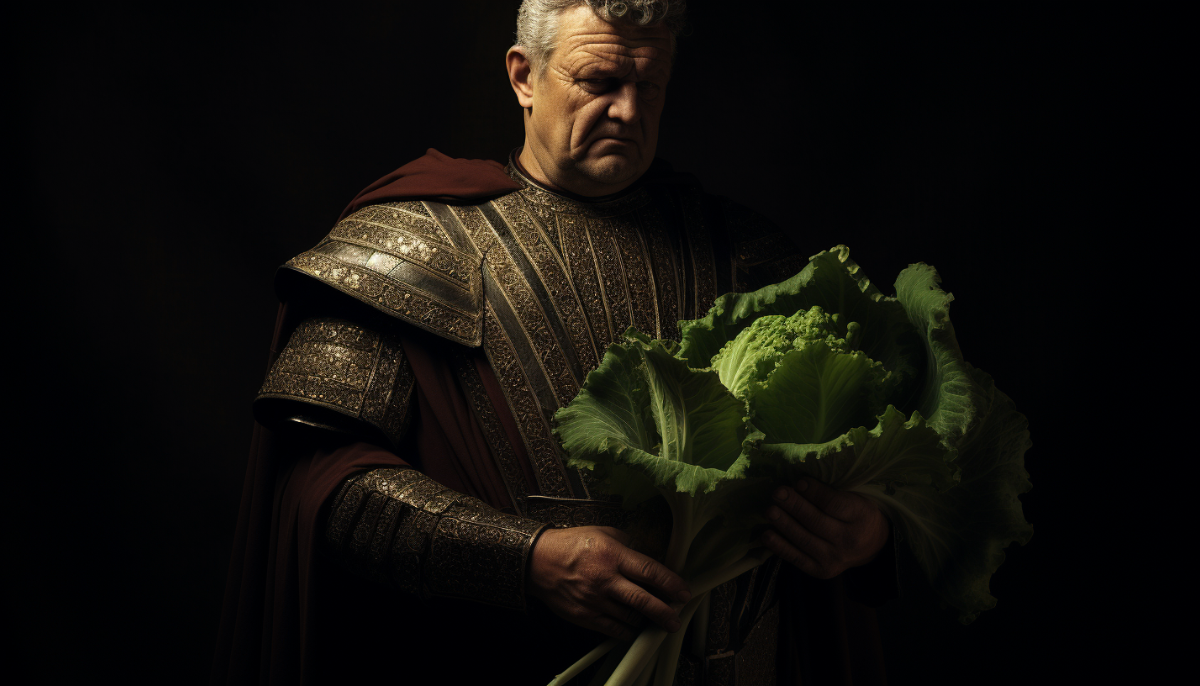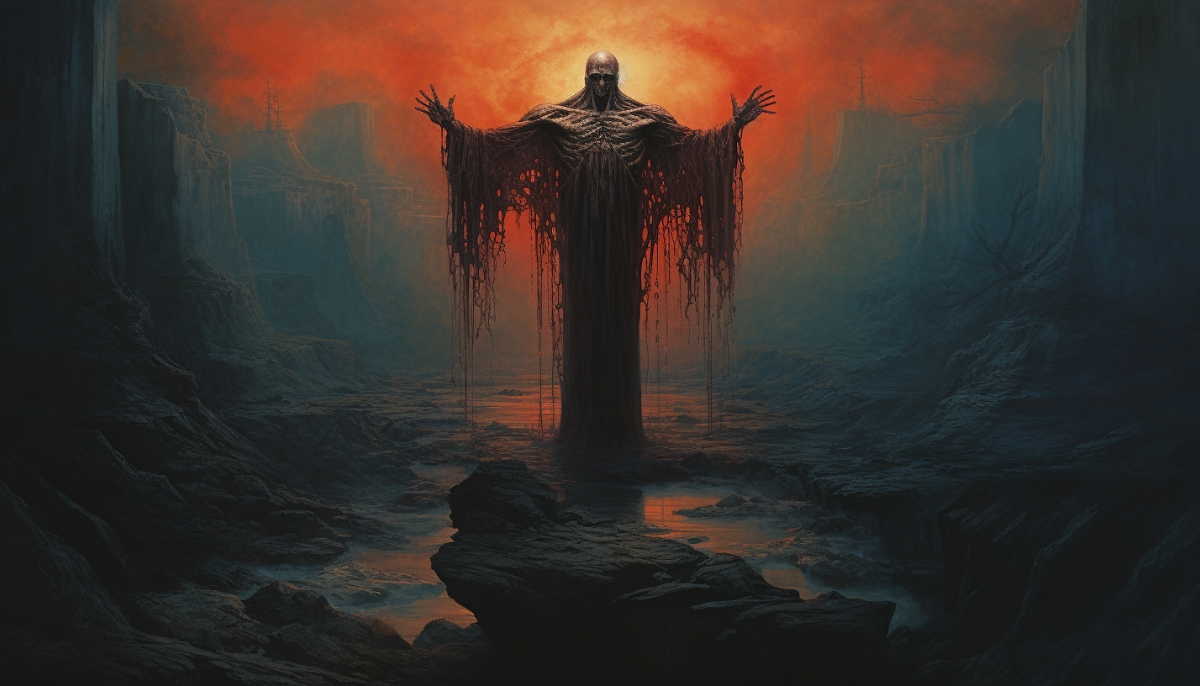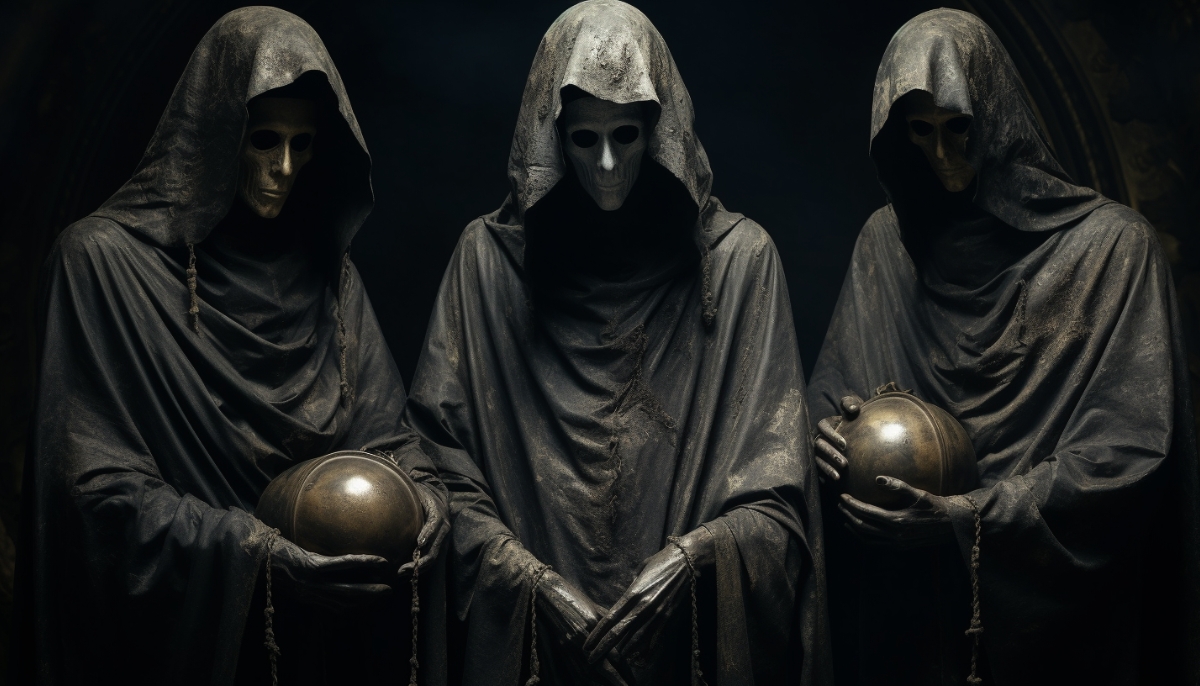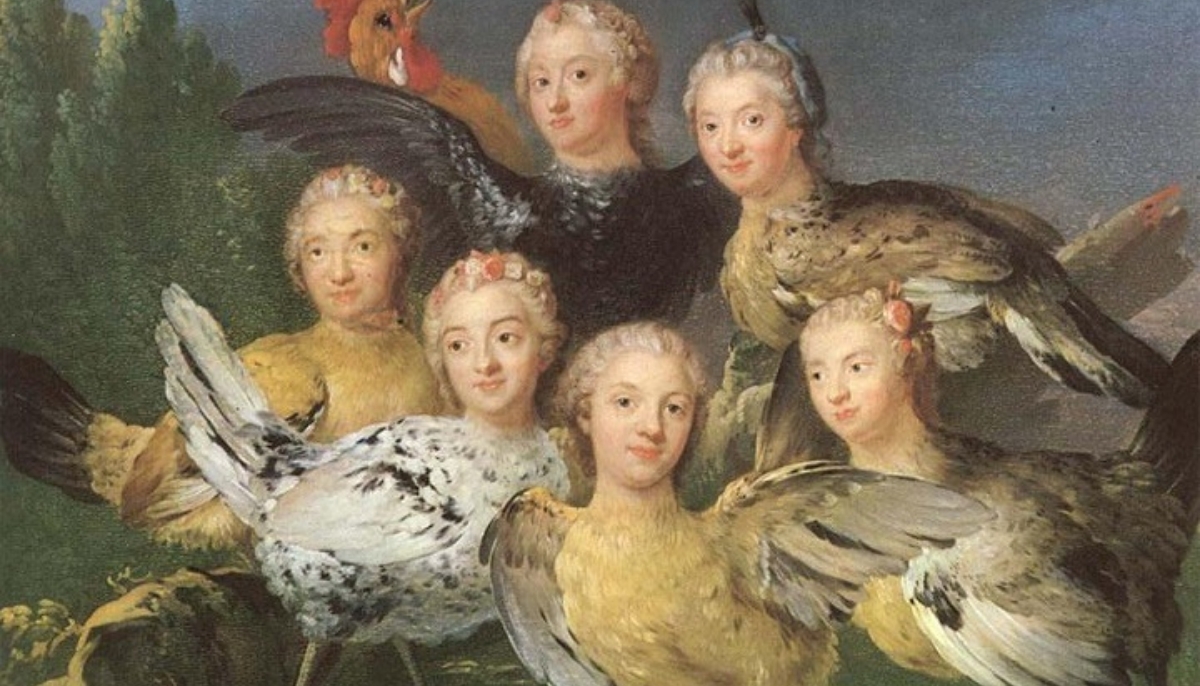“If only you knew the peace and tranquility I gain from tending and growing my cabbages.” This quote reveals a surprisingly down-to-earth side to one of Rome’s most influential figures – Diocletian.
In this article, we’ll delve into who Diocletian was, his enduring legacy, and the fascinating story behind his decision to abdicate the throne for a life of gardening cabbages.
Who was Diocletian?
Diocletian, born around 244 AD in Dalmatia (modern-day Croatia), rose from humble origins to become one of Rome’s most significant emperors. He ascended to power in 284 AD, at a time when the Roman Empire was struggling with internal strife and external threats. Diocletian’s rise was marked by his military prowess and shrewd political acumen.
Why was Diocletian important?
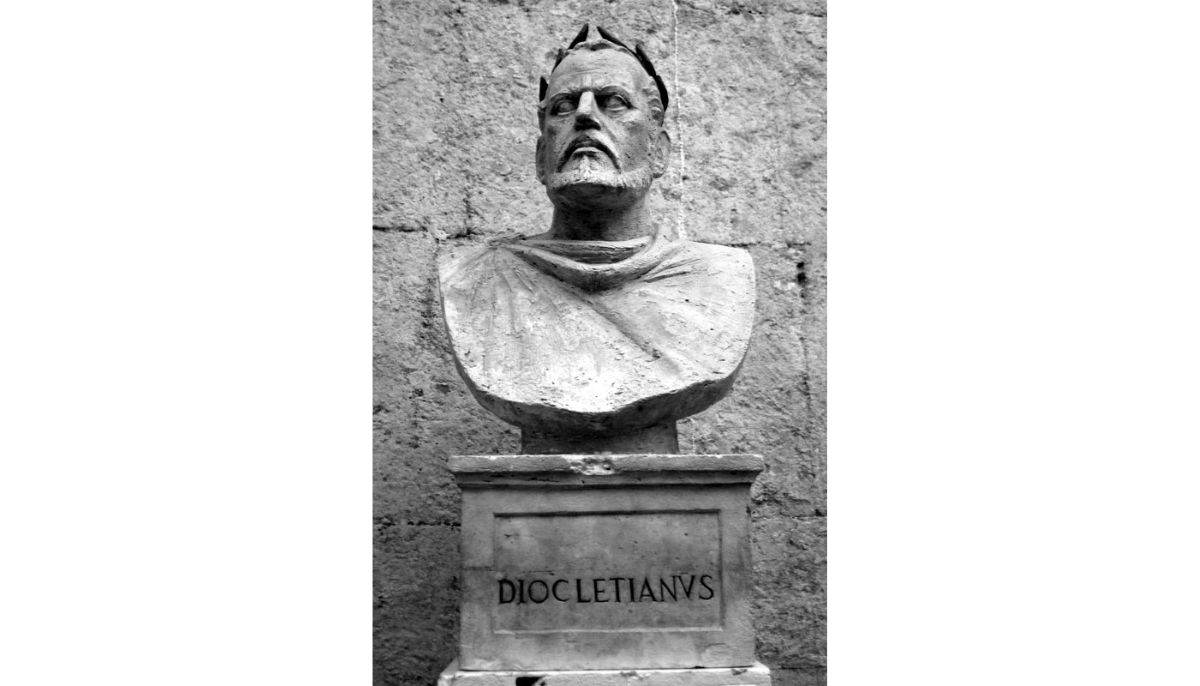
Diocletian’s importance lies in his transformative impact on the Roman Empire. He recognized the unwieldy nature of governing such a vast territory and introduced radical reforms. Most notably, he established the Tetrarchy, dividing the empire into four parts, each ruled by a co-emperor or junior emperor. This system was designed to address the administrative challenges and secure the empire’s borders more effectively.
He also implemented significant economic and social reforms. These included stabilizing the currency, overhauling the tax system, and instituting legal reforms. Diocletian’s policies laid the groundwork for a more structured and stable empire, even if some of his measures, like the persecution of Christians, were controversial.
the crisis of the third century
The period leading up to Diocletian’s reign, known as the Crisis of the Third Century, was one of the most challenging eras in Roman history. It was characterized by military, political, and economic problems. The empire faced continuous invasions and civil wars; there were over twenty emperors in fifty years, most meeting violent ends.
Economically, the empire suffered from severe inflation, a crisis in agriculture, and a decline in trade. The frequent leadership changes led to political instability, and the size of the empire made it increasingly difficult to manage and defend.
Diocletian’s accession marked a turning point in this turbulent period. His reforms addressed many systemic issues plaguing the empire, bringing stability and efficiency that had been lacking for decades. His ability to recognize and respond to these challenges underlines why he is remembered as a pivotal figure in Roman history.
the abdication of Diocletian
Diocletian’s abdication in 305 AD was an unprecedented event in Roman history. Emperors before him had either died in office or been violently overthrown. His decision to voluntarily step down and retire was unheard of, marking a significant deviation from the norm of lifelong rule.
This move bears a striking resemblance to the story of Cincinnatus from the Roman Republic era. Cincinnatus was a humble farmer granted complete dictatorial power to rescue Rome from crisis. After accomplishing his mission, he famously relinquished his power and returned to farming, embodying the ideals of duty and modesty. Diocletian’s retreat to his estate in Split, Croatia, to grow cabbages mirrored this narrative of an influential leader returning to a simple life.
Disintergration of the Tetrachy
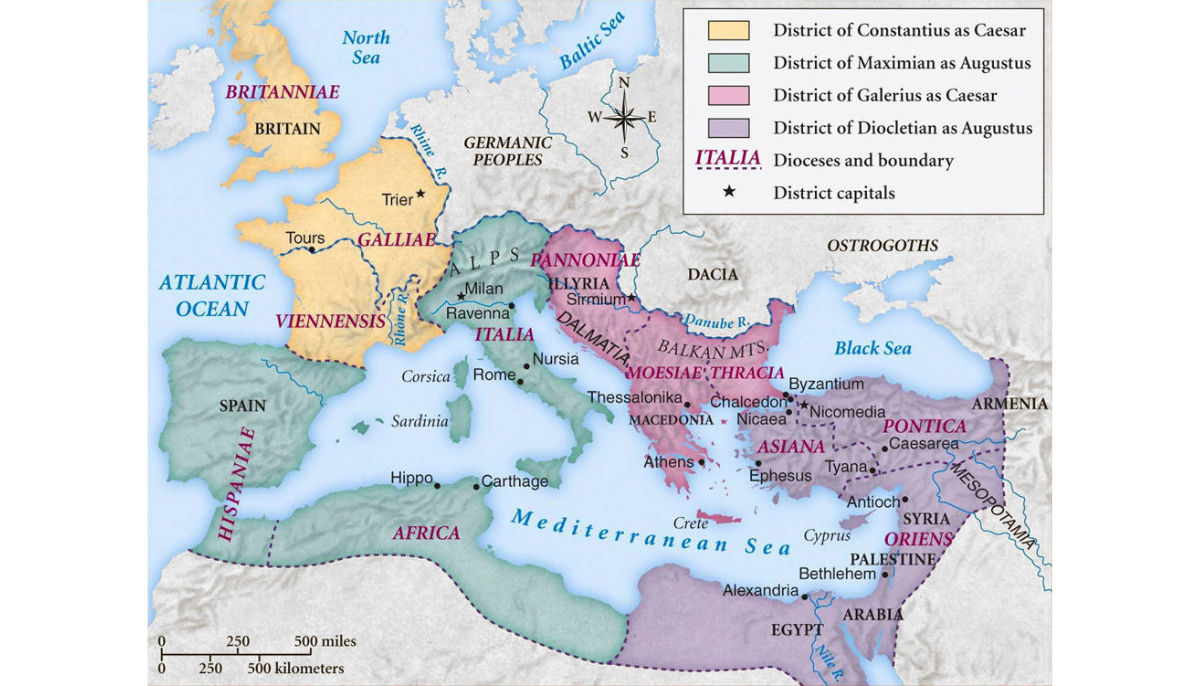
However, Diocletian’s peaceful retirement was short-lived. The Tetrarchy he had established began to crumble, plunging the empire back into civil war. His successors failed to maintain the stability and balance that Diocletian had carefully crafted. Amidst this turmoil, there were calls for Diocletian to re-enter politics to restore order.
During this tumultuous period, Diocletian made his famous statement about the tranquility he found in tending his cabbages, highlighting his reluctance to abandon his peaceful life for the chaos of imperial politics. Despite this, he made an unsuccessful intervention in 308, attempting to mediate between the warring factions.
Tragically, Diocletian’s efforts were in vain. He witnessed the disintegration of the system he had so meticulously built. He died in 311, under circumstances that some sources suggest may have been suicide, deeply dismayed by the failure of his tetrarchic system.
Diocletian’s end, marked by despair over the collapse of his legacy, contrasts sharply with the peaceful retirement he had envisioned in his cabbage gardens.
the legacy of Diocletian’s cabbages
The retirement of Diocletian led to the disintegration of the structure he had established. However, considering the ambitious nature of his successors and the inherent challenges of governing such a vast empire, it’s debatable whether the system’s collapse was inevitable, regardless of Diocletian’s presence.
Emperors like Constantine, known for their ruthless ambition, were likely to challenge any power-sharing arrangement. The Tetrarchy, while innovative, may have been too fragile to withstand the ambitions of such leaders.
Furthermore, the system heavily relied on the authority and respect commanded by Diocletian himself. Without his strong leadership, the Tetrarchy lacked the cohesion and stability necessary to endure.
In this light, Diocletian’s abdication and subsequent focus on cabbages can be seen as an early acknowledgment of the tenuous nature of his political creation. While his reforms brought temporary stability, they might not have been sustainable in the long run, especially in an empire rife with power struggles.
As one of the more overrated Roman emperors, Diocletian’s legacy is not just about his administrative reforms or the establishment of the Tetrarchy but also about the peaceful refuge he found in his cabbage patch – a reminder that even the mightiest of rulers can find contentment in the humblest of activities.
